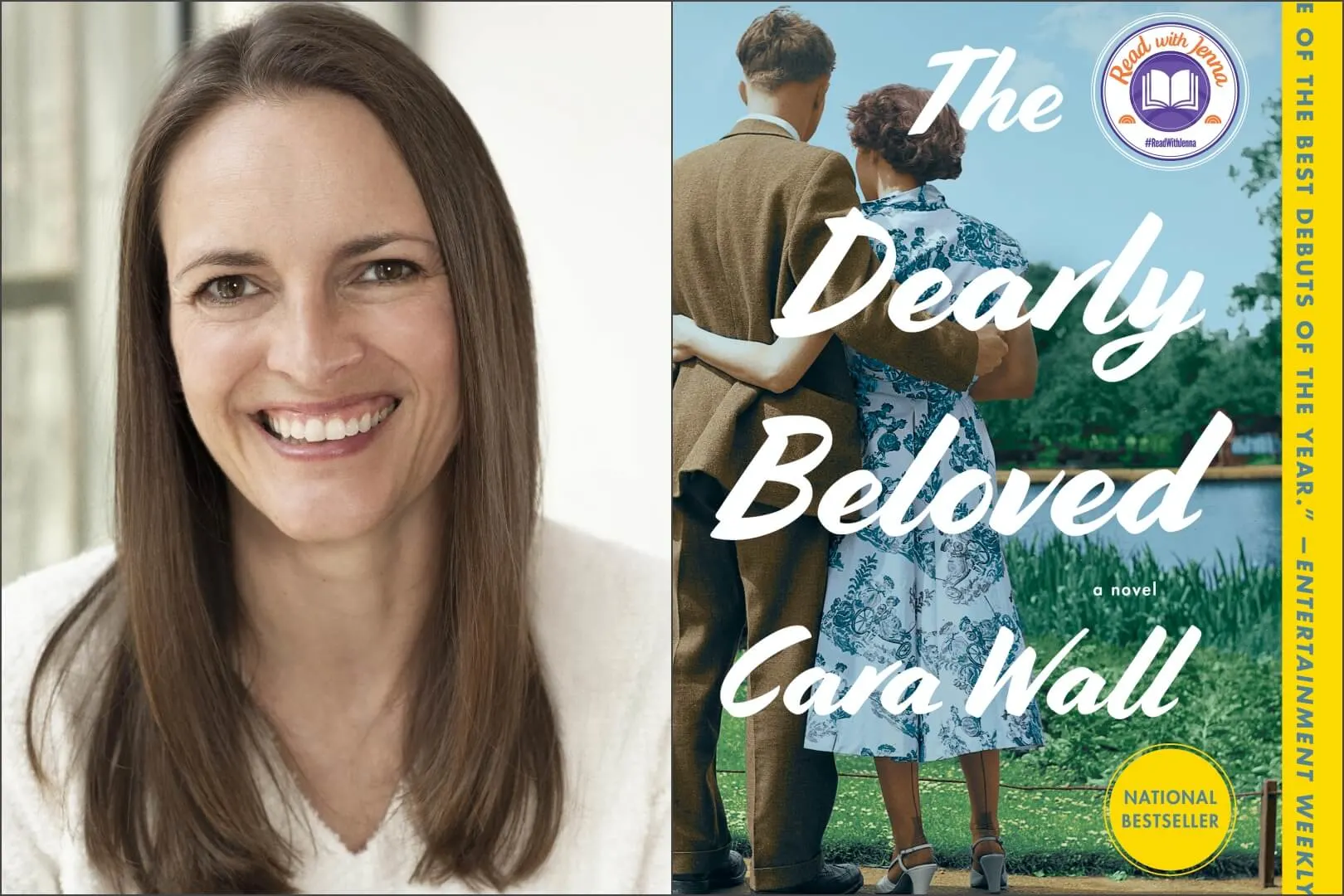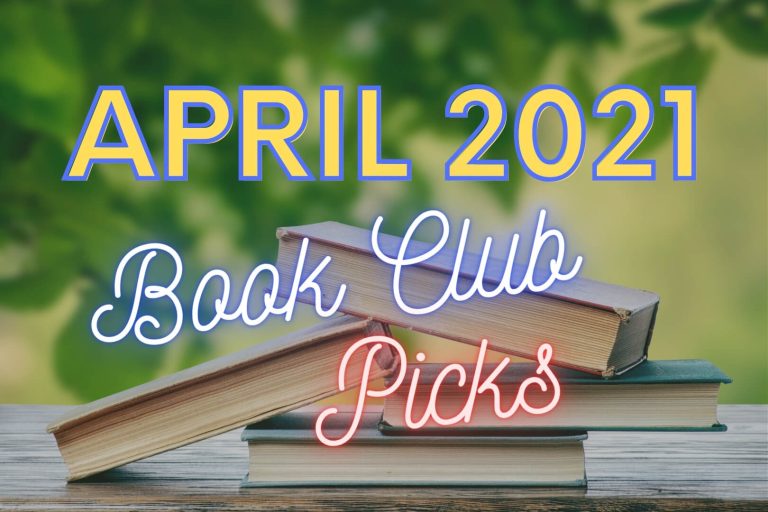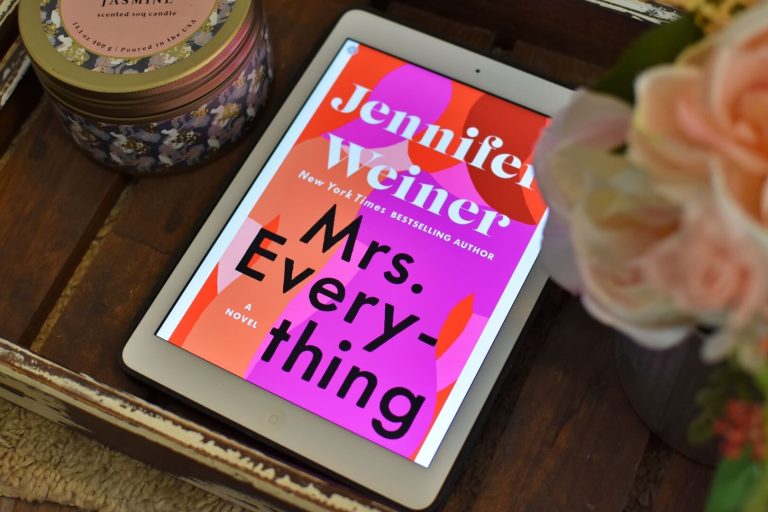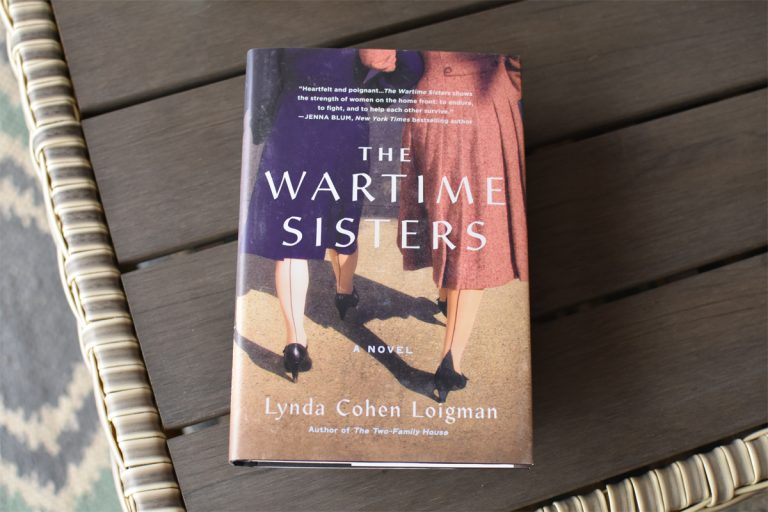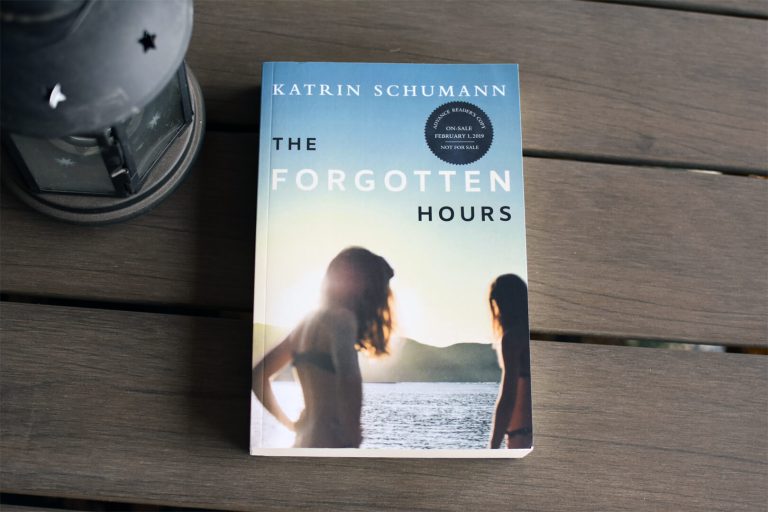Cara Wall is the author of The Dearly Beloved, which is a Read with Jenna book club selection.
Cara Wall grew up in New York City’s Greenwich Village and London’s South Kensington. She attended Grace Church School in New York City, Glendower Preparatory School in London, The Emma Willard School, Stanford University, and the Iowa Writers’ Workshop. She now lives, once again, in Greenwich Village with her family. The Dearly Beloved is her first novel.
Here’s the synopsis:
Charles and Lily, James and Nan. They meet in Greenwich Village in 1963 when Charles and James are jointly hired to steward the historic Third Presbyterian Church through turbulent times. Their personal differences however, threaten to tear them apart.
Charles is destined to succeed his father as an esteemed professor of history at Harvard, until an unorthodox lecture about faith leads him to ministry. How then, can he fall in love with Lily—fiercely intellectual, elegantly stern—after she tells him with certainty that she will never believe in God? And yet, how can he not?
James, the youngest son in a hardscrabble Chicago family, spent much of his youth angry at his alcoholic father and avoiding his anxious mother. Nan grew up in Mississippi, the devout and beloved daughter of a minister and a debutante. James’s escape from his desperate circumstances leads him to Nan and, despite his skepticism of hope in all its forms, her gentle, constant faith changes the course of his life.
In The Dearly Beloved, we follow these two couples through decades of love and friendship, jealousy and understanding, forgiveness and commitment. Against the backdrop of turbulent changes facing the city and the church’s congregation, these four forge improbable paths through their evolving relationships, each struggling with uncertainty, heartbreak, and joy. A poignant meditation on faith and reason, marriage and children, and the ways we find meaning in our lives, Cara Wall’s The Dearly Beloved is a gorgeous, wise, and provocative novel that is destined to become a classic.
Let’s get to know Cara as she talks favorite novels, writing “what you know,” life as a published author and much more!
What are some of your favorite novels?
State of Wonder, by Ann Patchett; The Signature of All Things, by Elizabeth Gilbert, A Little Life, by Hanya Yanagihara, and Sing, Unburied, Sing, by Jesmyn Ward. I like long, luxurious novels that tell a whole life story or a particular story in great depth. I want to sink into a world and know every detail—I don’t want anything to be left out. And I love a really satisfying conclusion. Sing, Unburied, Sing, has the most extraordinary ending I’ve ever read.
When did you know you wanted to become an author?
I wrote my first book when I was eight, but I really knew I wanted to become an author when I was 15. Sophomore year of high school I was allowed to take my first elective, and I chose Creative Writing. Our textbook was Writing Down The Bones, by Natalie Goldberg. It completely blew my mind. I had thought writing was about making up stories, but Natalie claimed that it was actually a process of exploring and excavating the emotions that feel most true. I read the whole book in two hours, sitting on the white pleather beanbag chair in my boarding school dorm room. My senior prefect walked by my open door and said, “That’s the weirdest name for a book I’ve ever heard.” I was dazed by her skepticism, because I had just discovered that I could not wait to sit down with a pen and a notebook and dig my way down to the words in my own bones. That was the moment in which I realized not everyone loved to write, that I was different from the girls who wanted to be doctors and politicians and costume designers. I remember it as a moment of intimidating calm.
What inspired you to write The Dearly Beloved?
I wanted to write a book—I was “behind” many of my friends from Iowa who had already published, and I wanted to prove to myself that I, too, could accomplish a novel. I was reading Happy all The Time, by Laurie Colwin, which is about two young couples early in their marriages. When I finished it, I thought, “I loved that book, but I wish it had been deeper.” At that moment, James, Nan, Charles, and Lily appeared in my mind’s eye. They were fictionalized versions of the two ministers and ministers’ wives I grew up with in my own church as a child. I think many readers assume that I set out to write a religious book, but I actually set out to write a book about marriage; I wanted to explore the years after the happily ever after.
Writers are told to “write what they know.” Did that apply to you as you worked on this story?
Yes. The book is set in the church community of my childhood, in the years when my parents first moved to New York City. It’s set in the neighborhood where I grew up, and all of the sights, sounds, and smells are the ones I knew as a child. I’m a native New Yorker, I love the city, and tried to capture it in hopelessly romantic detail. I am not, however, a religious scholar or anything close to a minister—so this is not an accurate account of most Presbyterian Churches. What I know about religion is the sense of longing to experience what lies below, around, and beyond our quotidian, physical lives—the desire to find meaning in life, and some guiding principles about how to be a good person. I know that quest well—I’m still on it.
What do you hope are some of the key takeaways from the novel?
That’s a hard questions for me—as an author, I don’t want to presume that readers will respond to my books in any prescribed way. That feels sort of controlling. What I got out of writing the book was realizing how hard it is to be devoted to someone else—how many times you have to recommit in order to have a meaningful relationship, how much work empathy takes. And forgiveness—don’t get me started on forgiveness. It took me weeks to write certain pages, because I had to wait for Lily to untie so many knots inside herself before she could love Charles and for Nan to let go of her need for Lily to love her. I sat with them for so many hours while they weighed pros and cons, examined their own enmity and resistance. It was exhausting! So, if I have to give an answer, I hope that people feel a little bit softer after they read it. I hope that experiencing these stories was meaningful and shed some light on the relationships in their own lives.
Now that the book has been out in the world for almost a year and coming soon in paperback, can you reflect on your experiences as a published author?
You’re the first person to ask me that! Thank you. It’s been a bizarre transition. I don’t think I’ve fully stepped into my role as “published author”. I’m still waiting to be as wise and interesting as that title sounds. Because this is my first book, and I published it after I settled down and had kids, my life hasn’t changed as much as it might have if I’d published earlier. I live in the same apartment, and have the same friends, help with homework and cook dinner and try to sleep late as often as I can. But, at the same time, I’m acutely aware that I have an opportunity to write more—not just novels, but essays and articles, too. I spend a lot of my time pondering what I want to say—how can I be most interesting, most useful. I don’t know yet, so I’m sort of in limbo. It’s a huge relief and very intimidating at the same time.
What was it like to find out that Jenna Bush Hager selected your book for her book club?
My editor, Marysue Rucci, called me out of the blue one morning and my heart dropped, because I assumed she was calling me with some sort of terrible news. She asked how I was, and I said, with great trepidation, “Fine, how are you?”
“I’m fantastic!” She shouted. She was thrilled, Simon & Schuster was thrilled, everyone was thrilled. It was such a surprise—probably one of the biggest surprises of my life. I felt like a grocery shopper who walked through the automatic doors to find out she was the one millionth customer, showered in balloons and streamers. I didn’t actually know that Jenna had a book club—I was her only her seventh pick. But when I read the first six, I knew what an honor it was. Jenna truly loves books, and she and her team are endlessly supportive of their authors. It’s incredible to be championed by people who are so enthusiastic about reading. I’m still amazed that it happened.
What are you currently reading and what’s on your TBR (to be read) list?
I have two reading circles: Book Club and Book Group. For Book Club, I’m reading Trust Exercise by Susan Choi. For Book Group, I’m reading The Great Believers, by Rebecca Makkai. My agent, Wendy Levinson, is eagerly waiting for me to read Lovers and Writers, by Lily King, so we can discuss it, and I’m looking forward to Untamed, by Glennon Doyle and The Testaments, by Margaret Atwood, both of which are on my bedside table.
Click here to buy The Dearly Beloved on Bookshop to support indie bookstores.
